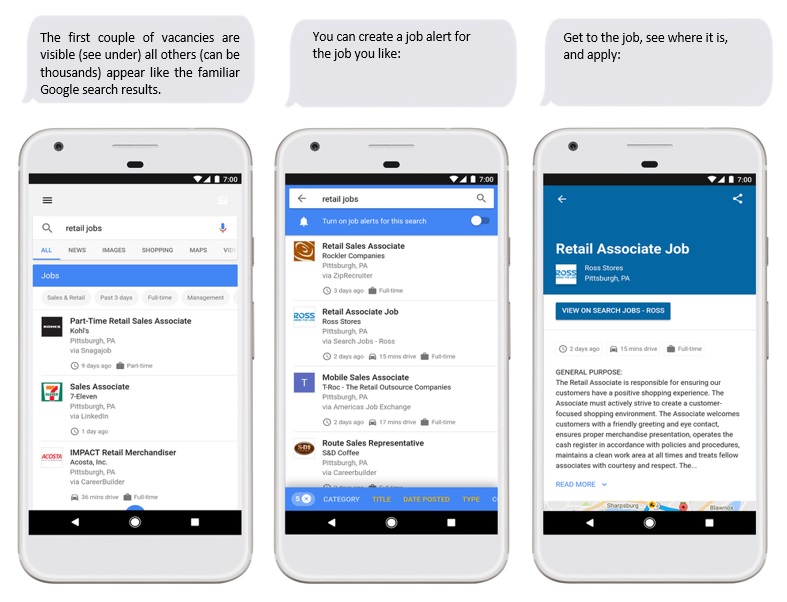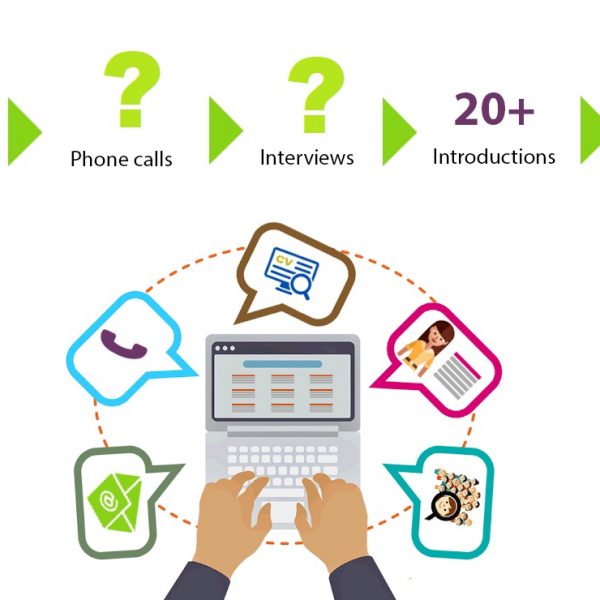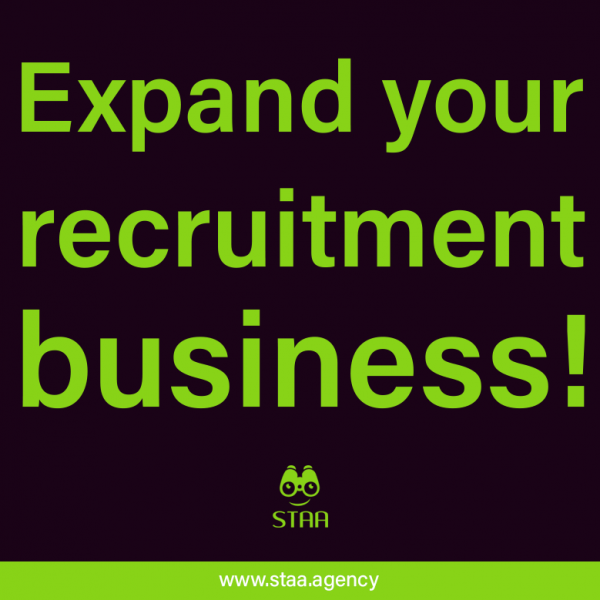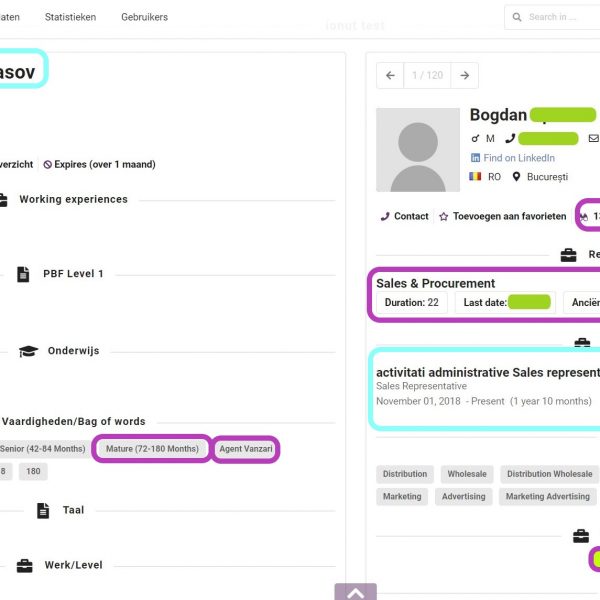In a white paper of Google for Jobs, Google explains how it makes job portals redundant. Google for Jobs expands to Europe: France, Germany, Netherlands, UK, Spain and Belarus. Will it stop there?
How does Google for Jobs work?
It crawls vacancies from the internet. From company sites, job portals… They index the vacancies and list them in an overview. So when you type Retail Jobs you get:

One Vacancy on various Sites
One vacancy may appear on various sites. For example IBM posts a vacancy on their website, the agency working for IBM posts on their website, the IBM recruiter posts on Monsterboard, and the recruiter from the agency on BestJobs. One vacancy 4 times posted. Google recognises this and the job seeker can chose to apply directly to IBM and/or the agency and/or the job portal. What will happen? The job seeker goes directly to IBM. And perhaps to the agency. Probably not to the job portal, because applying through a job portal is a hassle with lots of fields to be completed. Job portals will lose big time.
23 Job Portals demand Google for Jobs to be banned from Europe
23 job sites (Stepstone included) addressed the EU to ban Google as long as the EU investigations into Google are not finalised (Google has received a fine of 8.25 billion already). Google claims they support job portals but it may be clear for the reader that Google for Jobs means the end of job portals. Monsterboard cooperates with Google until they find out that candidates will not apply anymore through their platform as it is too time consuming. Also agency sites will be ignored as the job seeker directly applies to the client.
Is Google for Jobs the end of Job Portals? Yes!
If job portals don’t take action within a couple of years all job portals are victim of Peter Diamandis’ SIX D’s of exponential: digitalisation, deception, disruption, demonetisation, dematerialisation, and democratisation. Interesting that digital recruitment services are being further digitalised by a digital company ?.
Weaknesses of Google for Jobs
The weaknesses of Google for Jobs provide job portals the opportunity to outperform Google because it has major weaknesses and disadvantages. First of all, job ads need to comply with certain Google rules. These can bring complexity and if you don’t obey the rules, you will drown in an infinite ocean of jobs. And the internet has a simple rule: results decrease with the same rate complexity increases. Google knows this. But their tech needs this complexity to give the user relevant data. The second disadvantage is that your vacancy, when it appears on several sites, needs to be with different contents. The result: job seekers will apply multiple times to one vacancy. Further, Google for Jobs does not qualify the candidates. Everybody who sees the job can apply. And they will. So, you increase the number of applicants and decrease their relevancy.
Can Job Portals beat Google? Yes!
Job portals can beat Google. And it is not complicated. But they can’t do it on their own. There are recruitment applications which come at the rescue for job portals. Job portals can outperform Google by being easier, faster, and better. And when Google will start to monetise, job portals can beat Google on prices. There is an application which harvests all the vacancies on the internet AND matches all these vacancies with relevant candidates, who can apply with one click. When you post your vacancy, you get a long list of qualifying and relevant candidates in a couple of seconds. And job seekers get a long-list of all relevant jobs and apply with one click. Exactly what job seekers and recruiters want. The difference with Google is substantial:
- With Google the recruiter has to wait candidates to apply. We call this “post and pray” and it doesn’t work,
- For great results you need to adjust your vacancy and to follow the rules from Google, adding undesired complexity,
- With Google you receive unfiltered CV’s and if unlucky you get thousands of them,
- The new application, which job portals can apply, solves the vacancy within a couple of seconds with a long list of qualifying candidates.
Before Google for Jobs is being launched globally it is already made obsolete by smarter and better technology, available now.
Questions?
Are you interested in some more information on improving your resume? Click the links to our articles on how to make your resume ATS-friendly and how to write a resume. And if you are interested in how we @STAA can help you to find your dream job, please contact
Do you want to know which application Gerard writes about? Write to gerard.koolen@lugera.com or call him on +31622959248. Gerard is the Group Managing Partner of Lugera – The People Republic operating in AM, AT, AU, CZ, DE, IN, MA, NL, RO, RU, SK, CH, UA, UK.
Please contact us through:












Recent Comments